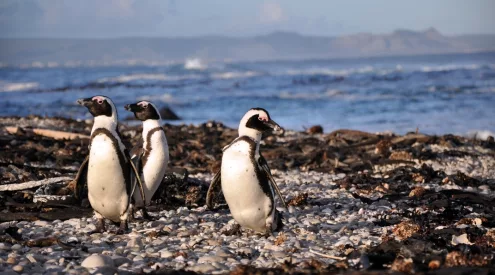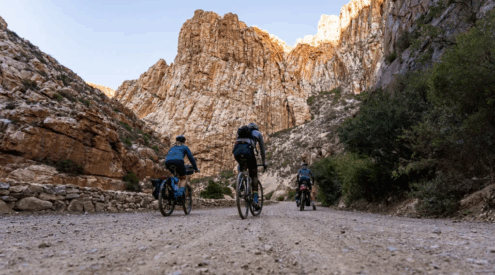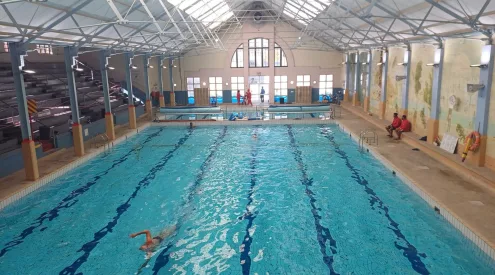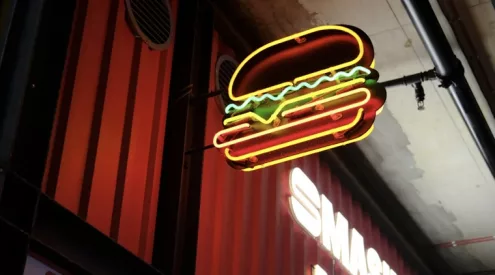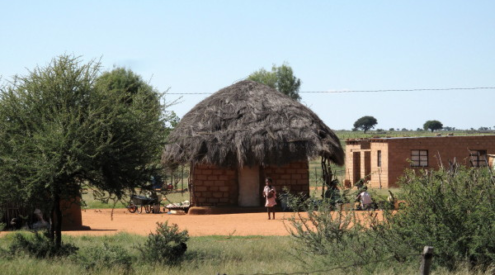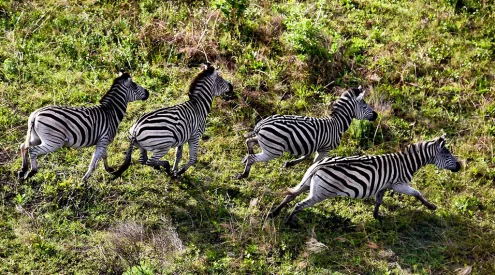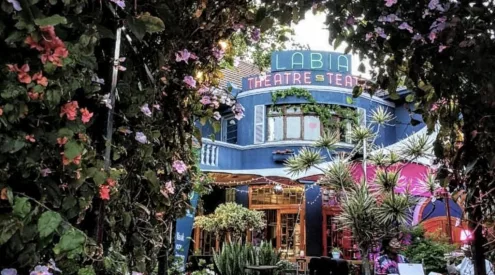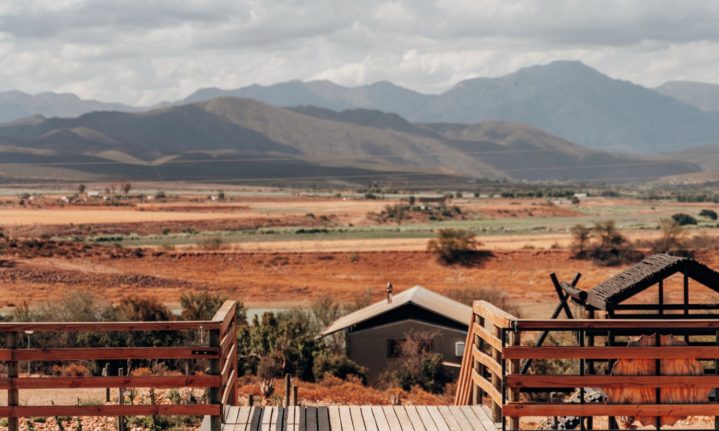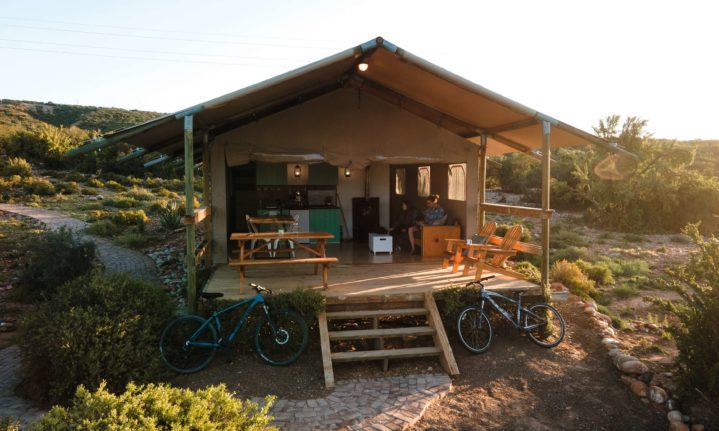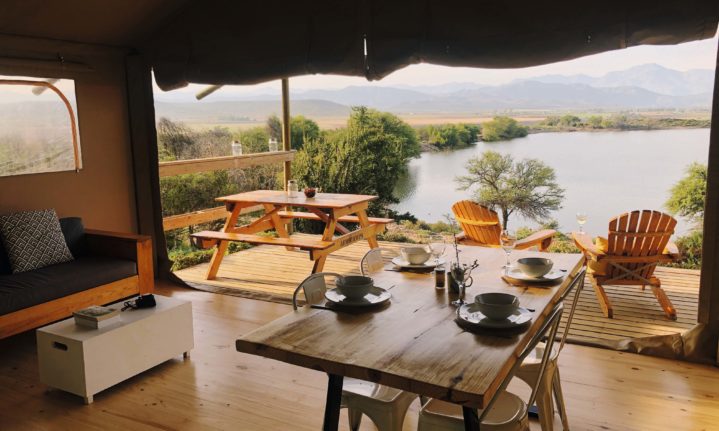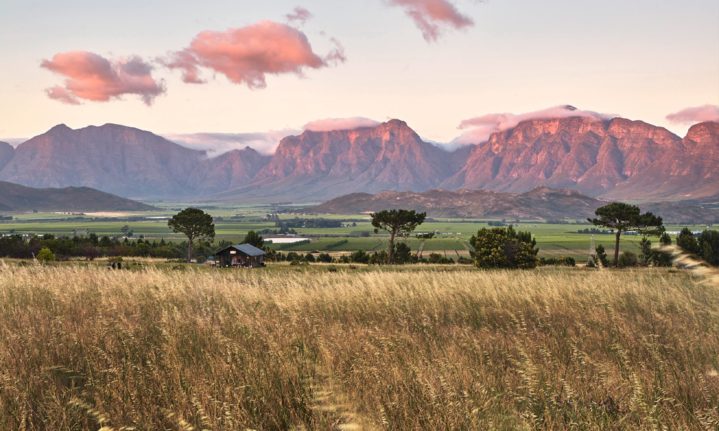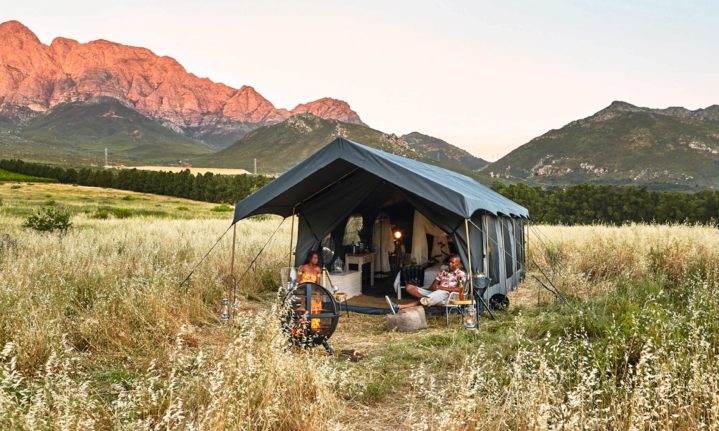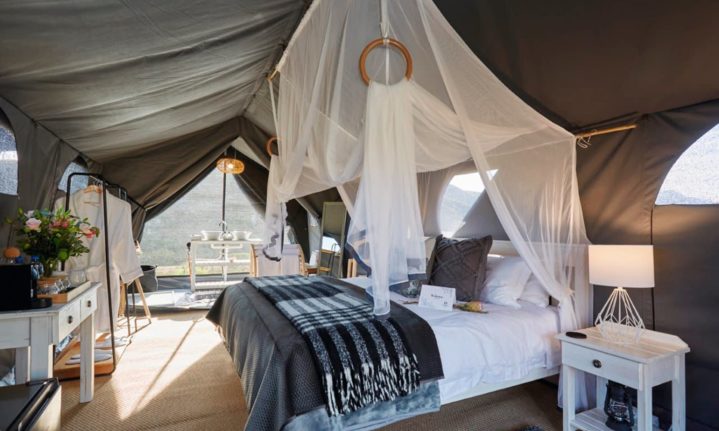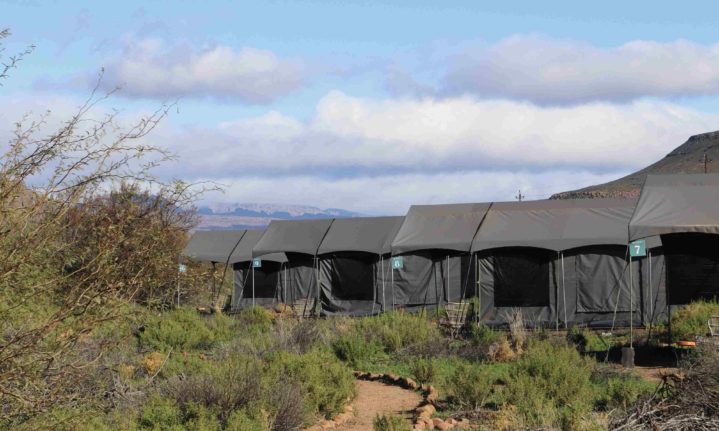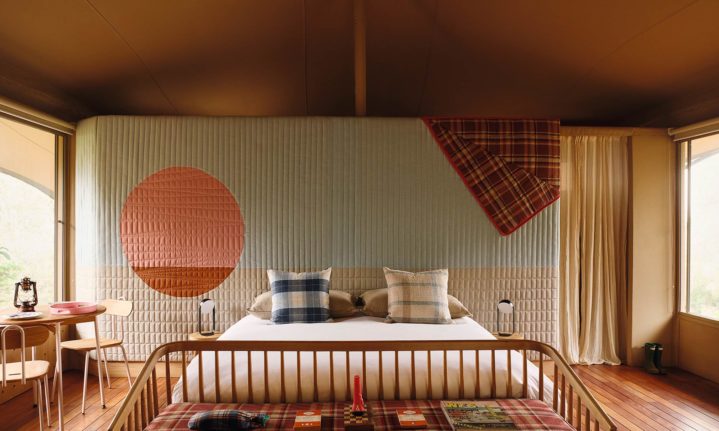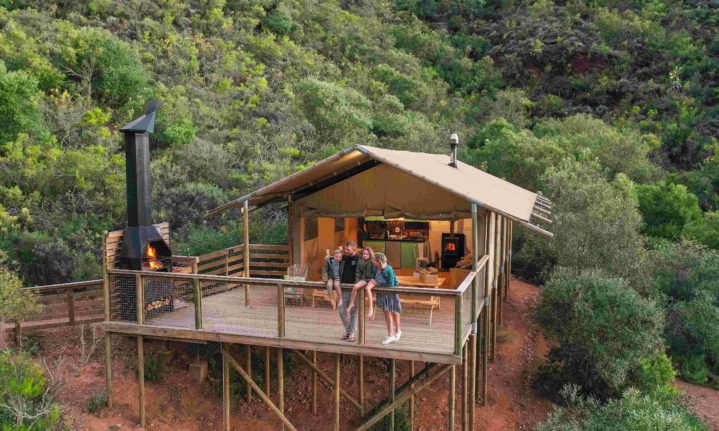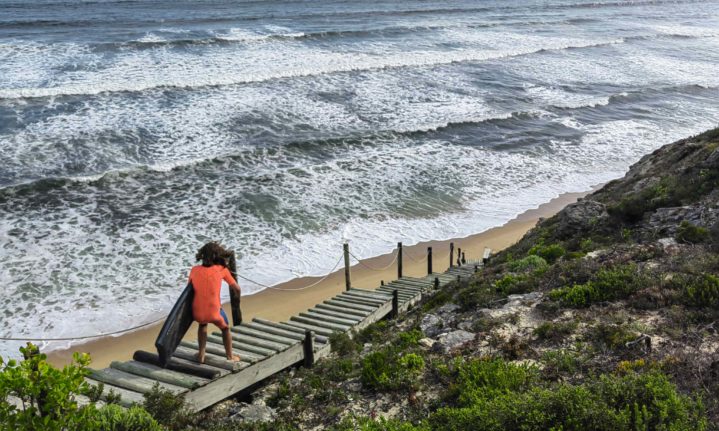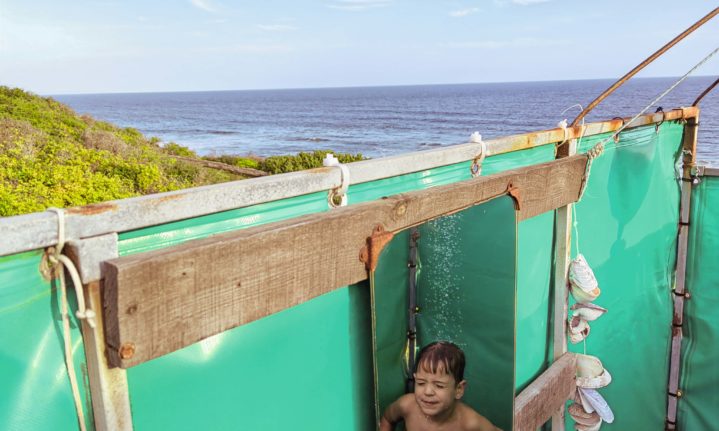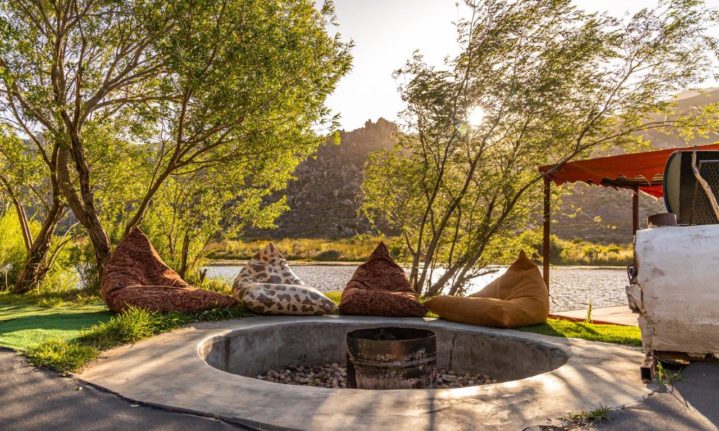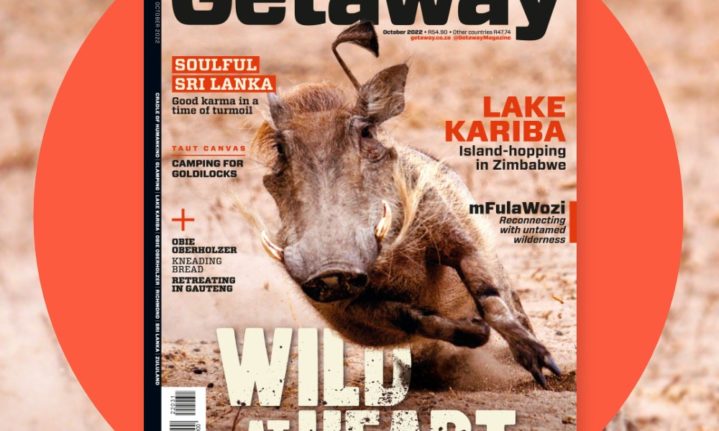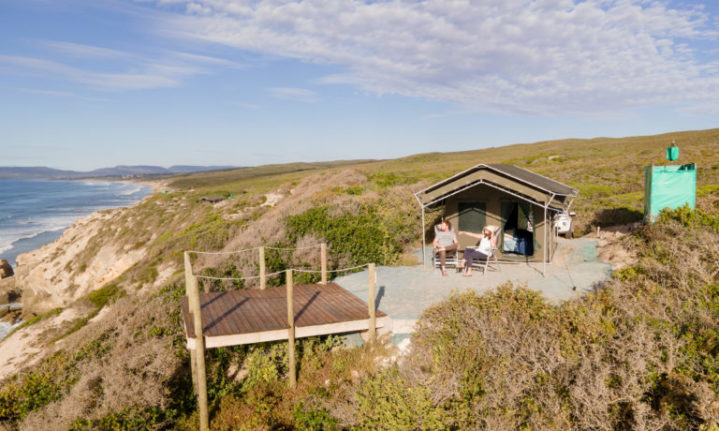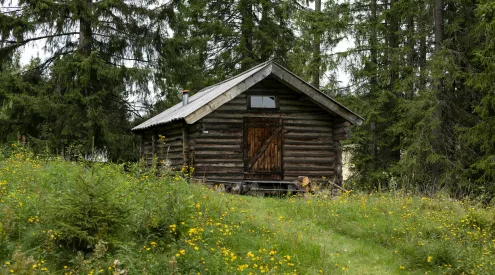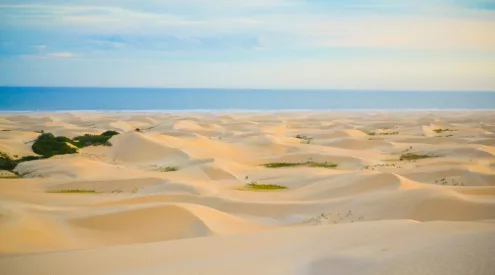Camping without the hassle? Glamping’s a genuine thing, and even if you’re a diehard tent-pegger with a bag of charcoal forever on standby, we’ve found there’s merit in letting someone else do the dirty work.
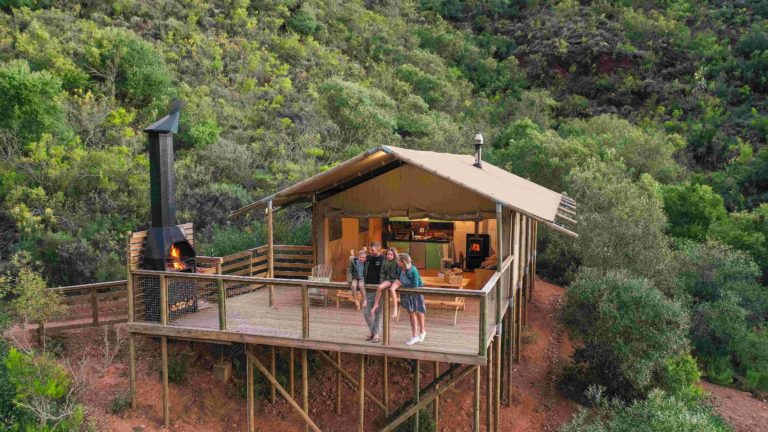
Aren’t glampers just campers with larger wallets? Not necessarily. Both want to enjoy the outdoors, and both want to interact authentically with nature, but in different ways. Campers want to immerse themselves in their environment, to walk the walk and talk the diesel torque. Glampers don’t. They want to spectate life from afar, as if in a private fairy tale.
Glamping is where you are camping but without extra effort. For the person who’s not too hard but then again, for those who aren’t too soft, either. It’s right there at that mythical, pink gin-and-tonic-sunset intersection of affordability, wilderness and children’s glee. And their parent’s glee too at the thought of their offspring being out the yurt for an afternoon.
It’s taut canvas, but not Royal Thanda’s or Singita’s interpretation of it. Not Butlins’ either, although glamping is very much a glossy revisitation of post-war Britain’s acute understanding of people’s need for a spot of annual personal delegation.
Also read: Unwind in nature: a guide to the best camping sites in Limpopo
Market research from America and Europe shows that glamping is not just a new word. It’s a new segment of the camping industry. One that was valued globally at $2.35 billion in 2021, is predicted to grow to $6 billion by 2030. Market research also suggests that Millennials and Gen Zs are by far the driving force in this new market.
A corresponding increase in Google searches for glamping sites reflects an uptick in interest in domestic tourism destinations, itself a product of lockdown uncertainty about international travel. And a growing segment of these domestic tourists want more than just a meadow and a babbling brook beside which to plonk their canvas.
Landowners have seized upon the opportunity to market their venue to people who might not normally consider camping as a holiday option, especially with youngsters. They are after cabins, eco-pods, yurts, tree houses, with all the mod-cons of home, especially Wi-Fi.
Also read: 7 Waterside campsites in Mpumalanga
AfriCamps
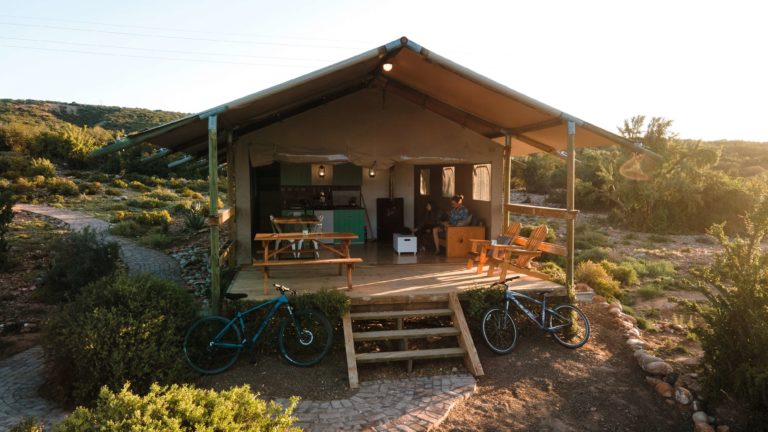
With 12 camps in various locations across the country, many in prime rural areas that put you front and centre of a big outdoor adventure, these glam camps are a great starting point for when you want to feel like you’re camping, but could do without the slog and bother.
Their self-catering canvas cabins serve as a blueprint for operations that have become much coveted – especially since nine of them have wood-fired hot tubs, all the rage, especially in colder places (and everywhere in winter).
021 300 5694, africamps.com
Canvas Collective
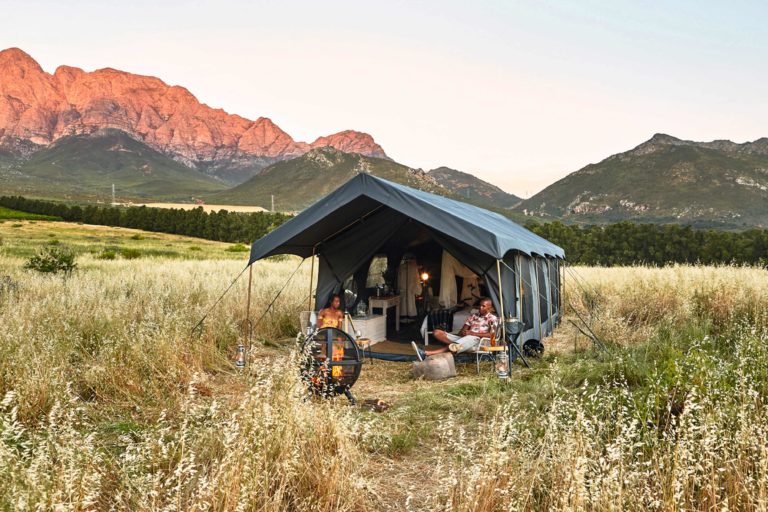
It’s not just that you get a properly kitted out canvas-walled room to sleep in, but each one comes with a proper shower, twin basins and a state-of-the-art portable loo. Plus, there is a chic dining tent with a full kitchen and stocked bar, a hot tub and a boma with a fire that’s constantly stoked and tended, with lunches served here and there, guided hikes and service available around the clock. It’s friendly, too. Not overly persnickety, and certainly there’s no snobbery. This is camping after all. Of a sort. What’s excluded though are the not-so-fun bits: no shopping for food in advance, no cooler boxes required, no thinking about what to cook, and no tending to the fire.
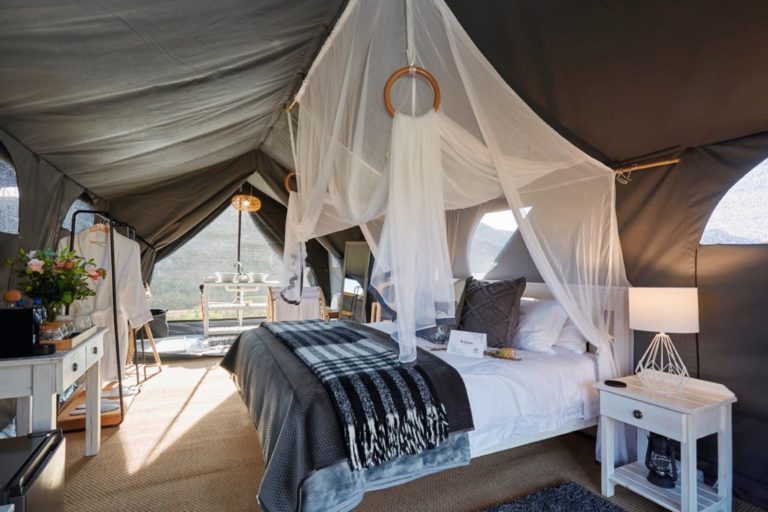
If it does turn wet, the restaurant becomes a great place to hang out instead of sheltering alone in your tent. There are large baskets stacked full of board games, and it’s incredible how immersive and gratifying a night of bingo around the campfire can be. It’s great for sleeping late, chilling, or getting the family into nature without needing to expend energy on the tedious nuts and bolts of camping. Each location is a new surprise; it might be Matjiesfontein or Tulbagh.
076 064 3694, canvascollectiveafrica.com
Remote Locations
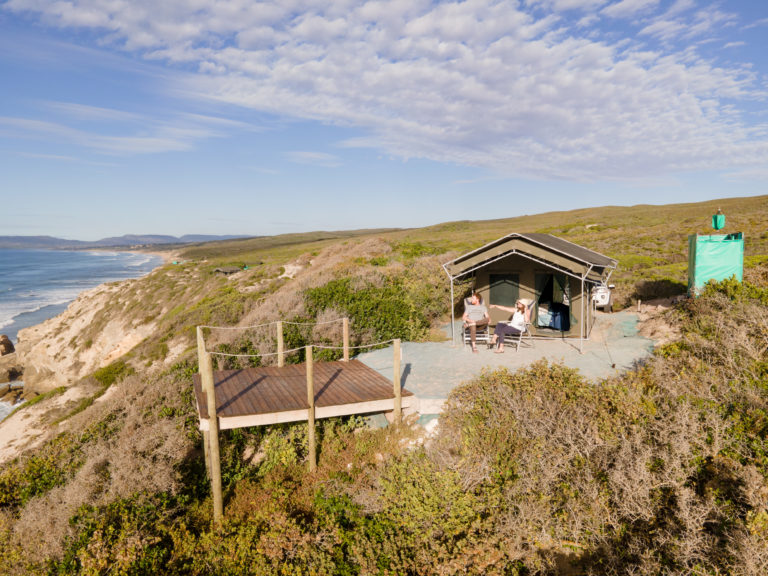
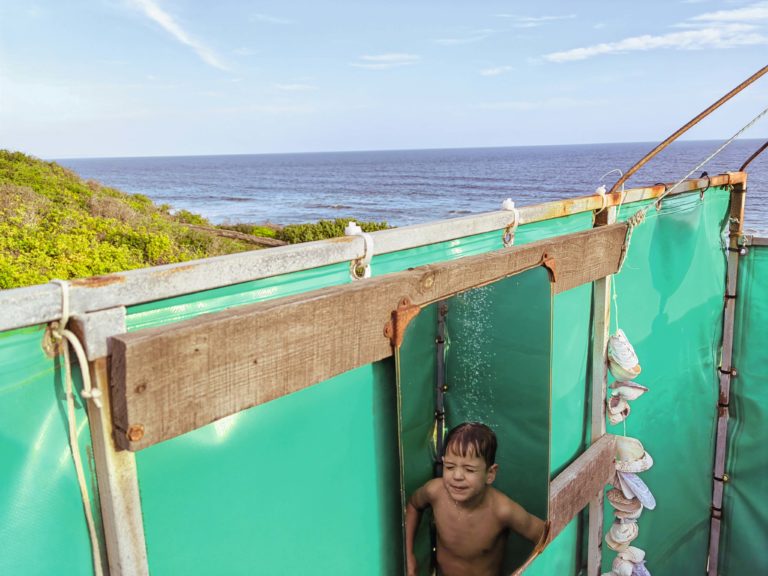
Situated on a high cliff at Witsand, Remote Locations is a crossover between a Mozambican beach lodge and a mobile safari. Not high-end, but what it lacks for in facilities, it makes up for in service and food, setting it apart from many glamping operations. The camp’s clifftop location also makes it a prime destination between August and October for whale-watching.
083 276 9669, remotelocations.co.za
Wolfkop Camping Villages
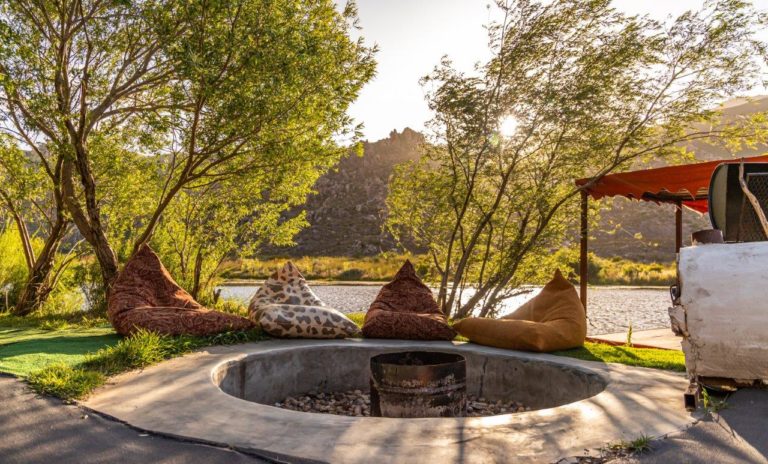
Instead of spending time deciding where to pitch a tent and then having to put it up, kind staffers have already done all the slog. So you arrive and are immediately immersed in nature – swim, canoe or float down the river, take yourself for long hikes through the reserve, and bliss out in a hammock or stare up at the stars. The various “villages” comprise pre-set, amenitied Bedouin-canopied communal areas, serviced ablutions and dome tents situated along the banks of the Olifants River in several soul-restoring settings just south of Citrusdal.
DEAL: A 2-Night Glamping Stay with up to 6 People in Citrusdal
All you need to bring is food and your cozzie. Plus sunscreen, hiking shoes (there are three trails affording wondrous valley views), and possibly something on which to float or paddle down the river. Despite the hot showers and edge of civility, the camps retain a level of rusticity and realness; you are not slipping into lavish luxury (and maybe ask for an inventory of what’s provided beforehand so you don’t end up searching for a tin opener). There are loads of activities on offer, too, from slackpacking to horse riding.[Text Wrapping Break]083 260 4822, wolfkopcampingvillages.co.za
This article was adapted from a version that appeared in our October 2022 magazine issue.
Orginally written by Keith Bain and Craig Bishop. Photography: Craig Bishop; Inge Prins
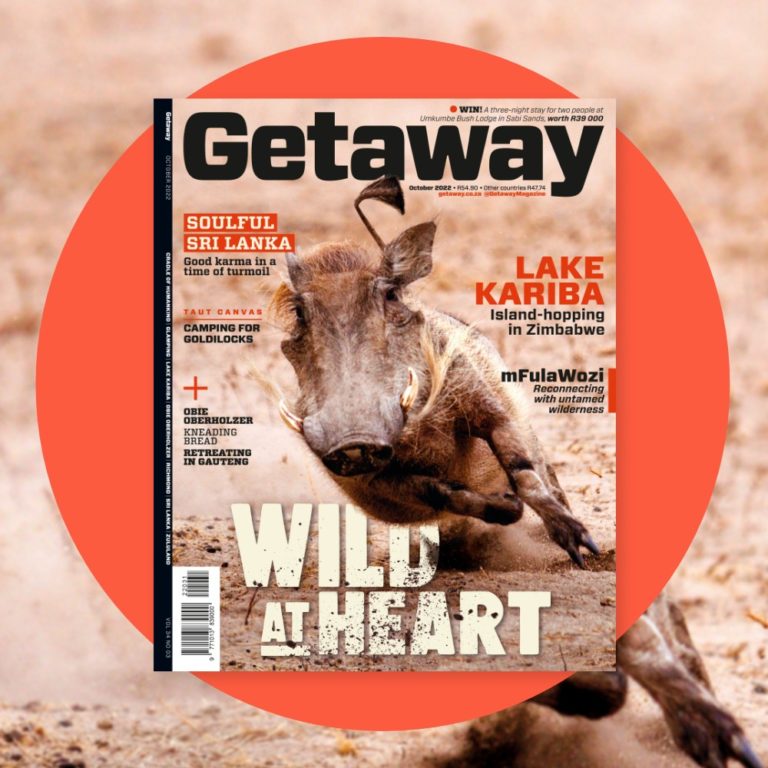
ALSO READ: 10 enchanting mountain cabins in the Western Cape for a peaceful retreat

